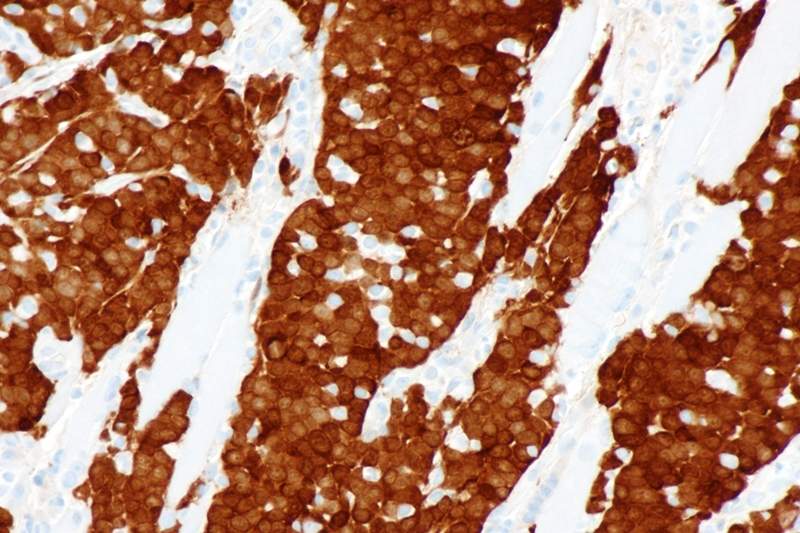
Boston Biomedical has initiated dosing of the first patient in two of its clinical trials evaluating the DSP-7888 investigational cancer peptide vaccine.
One of the trials is a Phase 1b study of DSP-7888 in combination with checkpoint inhibitors, called WIZARD101CI.

Discover B2B Marketing That Performs
Combine business intelligence and editorial excellence to reach engaged professionals across 36 leading media platforms.
The multi-centre, open-label trial aims to enrol around 84 patients to deliver either DSP-7888 in combination with nivolumab or with atezolizumab.
The trial’s primary endpoints are determination of safety, tolerability, and recommended Phase II dose. Its secondary endpoints comprise duration of response, disease control rate, progression-free survival (PFS) at six months, median PFS, survival at 12 months and overall survival (OS).
It will be carried out in patients with advanced solid tumours such as melanoma, non-small cell lung cancer, head and neck squamous cell carcinoma, renal cell carcinoma, and urothelial cancer.
The other trial is a Phase II study of DSP-7888 in combination with bevacizumab in glioblastoma, known as WIZARD201G.

US Tariffs are shifting - will you react or anticipate?
Don’t let policy changes catch you off guard. Stay proactive with real-time data and expert analysis.
By GlobalDataThe multi-center, global trial seeks to include about 200 patients with recurrent or progressive glioblastoma following treatment with first-line therapy consisting of surgery and radiation with or without chemotherapy.
As part of the trial, patients will receive either DSP-7888 in combination with bevacizumab or bevacizumab alone.
Its primary endpoint includes OS, while secondary endpoints are survival at 12 months, PFS at six months, median PFS, response rate, duration of response, and adverse event profile.
Boston Biomedical CEO Patricia Andrews said: “Despite significant advances in cancer treatment, there remains a need for new, effective treatment options for many patients.
“We are exploring the potential of DSP-7888 to elicit an anti-tumour response in a number of high unmet need tumour types.”
In addition, Boston is currently conducting early phase studies to analyse DSP-7888 to treat patients with paediatric high grade gliomas, myelodysplastic syndrome, and other malignant tumours.





